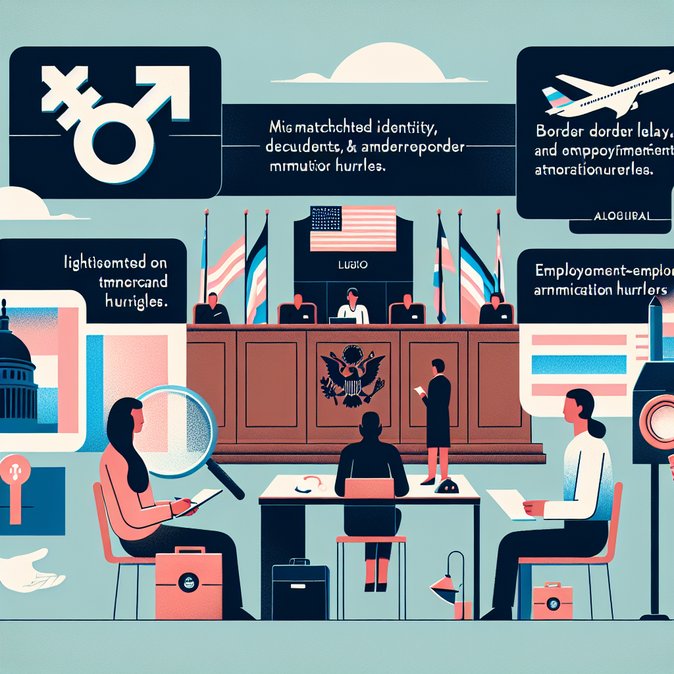
In a confidential cable dated November 10, the U.S. Department of State instructed consular officers worldwide to treat a broad range of chronic illnesses—such as diabetes, obesity, cardiovascular disease, and certain mental-health conditions—as grounds for refusing immigrant visas under the “public charge” doctrine.
Although medical screenings have long been part of the visa process, prior policy focused on communicable diseases and vaccination status. The new directive shifts the emphasis to long-term treatment costs, empowering officers to forecast whether an applicant might rely on publicly funded health programs decades into the future. Officers are also told to scrutinize the medical histories of dependents and to weigh an applicant’s age against their lifetime earning potential.
![State Department Tells Consulates to Deny Visas Over Chronic Health Conditions]()
Immigration advocates warn that the guidance effectively establishes a health-based wealth test. Prospective immigrants with manageable conditions could be barred unless they provide extensive proof of private insurance and financial resources. “We’re asking line officers—who are not doctors—to predict future medical crises. That opens the door to inconsistent and potentially discriminatory decisions,” said Sophia Genovese of Georgetown Law’s Immigration Clinic.
For global mobility managers, the rule raises new due-diligence requirements. Employers sponsoring green cards will need to budget for comprehensive private insurance from day one, gather medical affidavits, and prepare employees for more invasive interview questions. Failing to anticipate the new threshold could lead to last-minute denials that strand key personnel abroad.
The directive has already drawn scrutiny from health-policy groups, who say it contradicts the Foreign Affairs Manual’s caution against speculative adjudications. Litigation under the Administrative Procedure Act is likely, and companies are advised to monitor court dockets and consider parallel contingency plans (such as L-1 intra-company transfers) for critical hires.
Although medical screenings have long been part of the visa process, prior policy focused on communicable diseases and vaccination status. The new directive shifts the emphasis to long-term treatment costs, empowering officers to forecast whether an applicant might rely on publicly funded health programs decades into the future. Officers are also told to scrutinize the medical histories of dependents and to weigh an applicant’s age against their lifetime earning potential.

Immigration advocates warn that the guidance effectively establishes a health-based wealth test. Prospective immigrants with manageable conditions could be barred unless they provide extensive proof of private insurance and financial resources. “We’re asking line officers—who are not doctors—to predict future medical crises. That opens the door to inconsistent and potentially discriminatory decisions,” said Sophia Genovese of Georgetown Law’s Immigration Clinic.
For global mobility managers, the rule raises new due-diligence requirements. Employers sponsoring green cards will need to budget for comprehensive private insurance from day one, gather medical affidavits, and prepare employees for more invasive interview questions. Failing to anticipate the new threshold could lead to last-minute denials that strand key personnel abroad.
The directive has already drawn scrutiny from health-policy groups, who say it contradicts the Foreign Affairs Manual’s caution against speculative adjudications. Litigation under the Administrative Procedure Act is likely, and companies are advised to monitor court dockets and consider parallel contingency plans (such as L-1 intra-company transfers) for critical hires.


